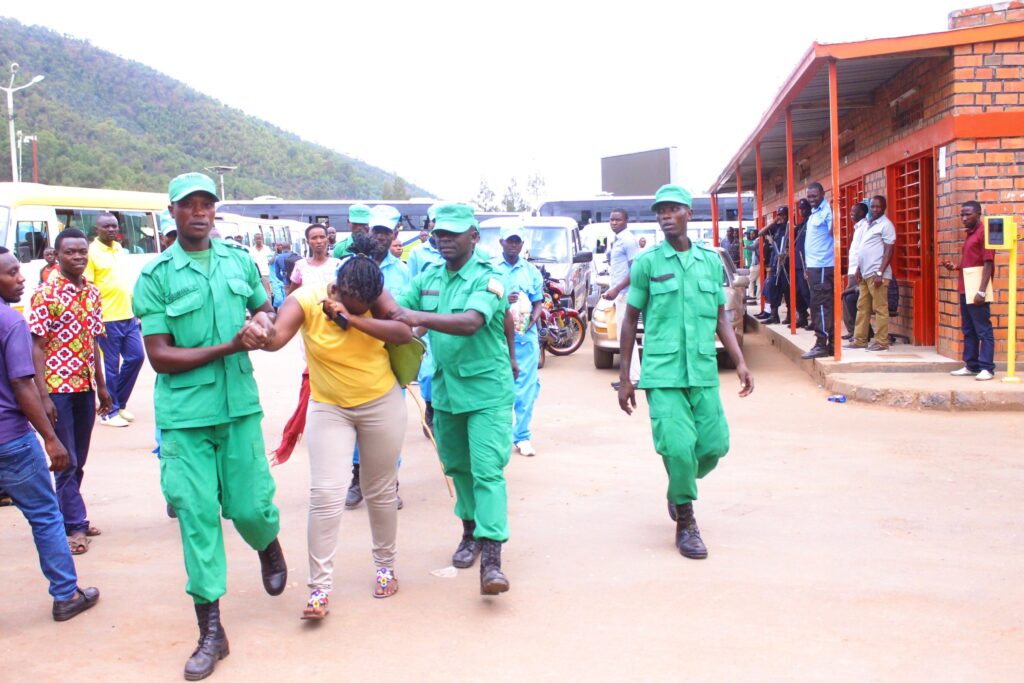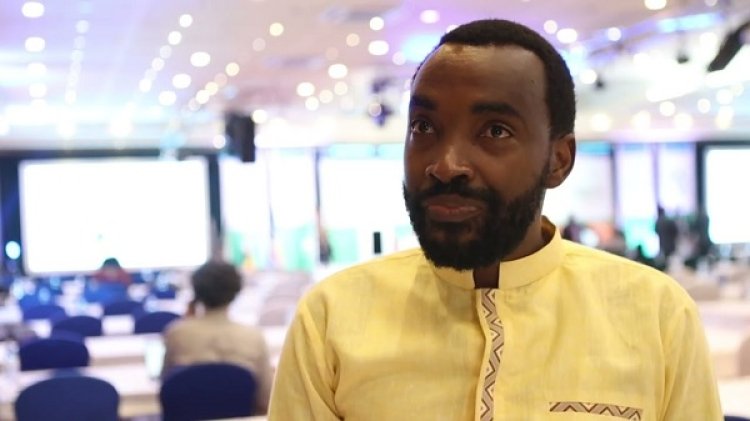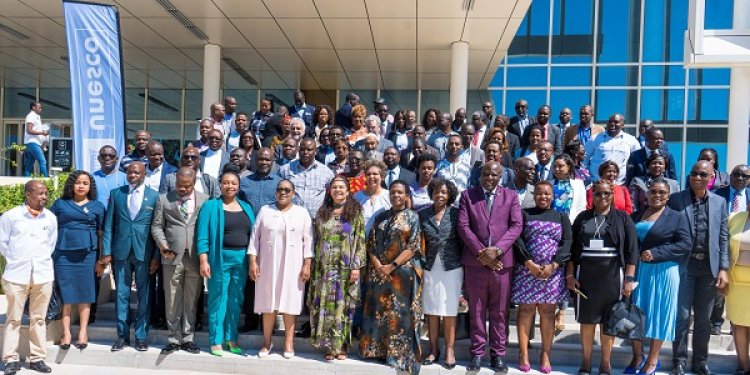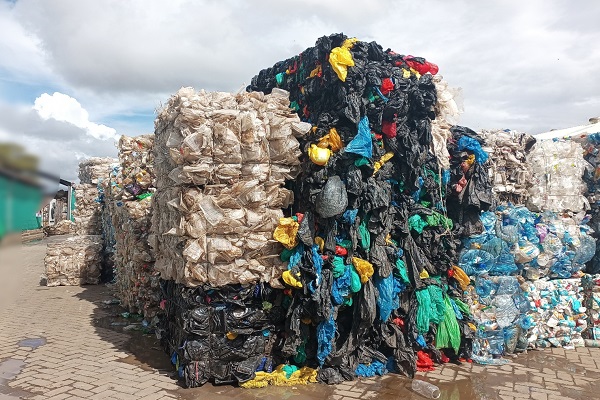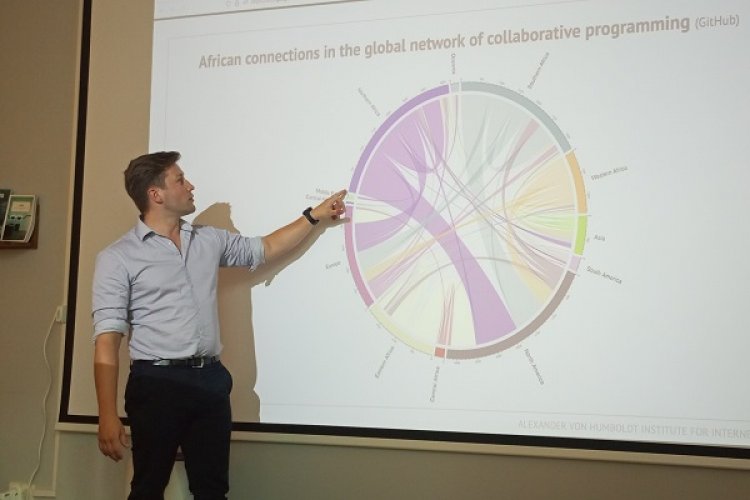Governments in East Africa are facing scrutiny over poor human rights record with evidence pointing to a spate of extrajudicial killings, torture and gagging media space.
The 2024 Country Reports on Human Rights Practices released by US Department of State this week found no single East African country had a clean bill of health on rights record last year with situations either having deteriorated or remained worse.
Both Kenya and Tanzania recorded deterioration of their respective human rights situation, while Rwanda, Burundi, Uganda and DR Congo all recorded negative developments.
The Reports rely on information available from a wide variety of credible sources, including foreign government officials; victims of alleged human rights abuses; academic and congressional studies; and reports from media, international organizations, and non-governmental organizations (NGOs).
Rights abuses in Kenya were largely in response to youth-led, nationwide “Gen Z” demonstrations in June and July to protest proposed tax increases where authorities committed numerous abuses, including unlawful killings, physical violence, and arbitrary arrests and detentions.
Abductions
At least 60 deaths were recorded by the Kenya National Commission on Human Rights (KNCHR), a government agency. The KNCHR also reported 82 cases of abductions or enforced disappearances since June, with 29 persons still missing as of December.
In Rwanda, police killed several persons who purportedly attempted to resist arrest or escape police custody, and smugglers of goods at borders with the neighbouring Democratic Republic of the Congo (DRC).
The year was also characterised by torture, degrading treatment or punishment; arbitrary arrest, detention to intimidate government critics, independent voices, and political opposition members.
Besides, Rwandan regime regularly rounded up the homeless and other needy individuals and subjected them to abusive treatment and unsanitary detention conditions in transit centers before major international events or conferences in the country, rights organisations reported.
Authorities held detainees without charge for weeks or months before either transferring them to rehabilitation centers without judicial review or forcibly returning them to their home areas.
Also read: US diplomats end Africa trip with accent on peace, rights, trade with Russia
Across in Uganda, the regime abducted and held citizens at unidentified detention facilities without charge. Members of the political opposition and environmental protesters were particularly targeted.
In Tanzania opposition leaders, critics of the government, journalists, and activists reeled from enforced disappearances by or on behalf of government authorities. The Tanganyika Law Society, a local NGO, published a report documenting 23 disappearances from January 1 to August 11. Other observers alleged between 60 and 90 persons.
In Burundi, several persons were found dead a few days after their disappearances with injuries indicating they had been executed. Rights organizations reported numerous cases of disappearances although they could not establish the specific numbers.
However, when it come to victims of extrajudicial killings, more than 279 killings were documented across Burundi by the end of August, as compared with 284 the previous year.
These were largely perceived supporters of opposition parties or those who exercised their lawful right to assemble killed by the government or its agents, including police, the National Intelligence Service (SNR), and elements of the Imbonerakure, the youth wing of the ruling party.
Impunity and war crimes
According to the reports, little did authorities in these countries take steps or action to identify and prosecute the perpetrators. The Department of State indicates that in a few cases governments took some steps to investigate these rights abuses. However, impunity was a problem at all levels of government across the board.
In particular, Rwanda was put on the spot over its support for rebel group, the March 23 Movement (M23), cited in atrocities that could amount to war crimes and crimes against humanity in the neighbouring Democratic Republic of Congo.
UN report estimated there were between 3,000 to 4,000 Rwanda Defence Force troops fighting alongside the M23 in eastern DR Congo. The war has claimed thousands of lives, leaving many more displaced internally and externally.
The M23 reprtedly deliberately targeted and summarily executed civilians and committed rape.
Also read: France courts African govts to speak up against Russia

